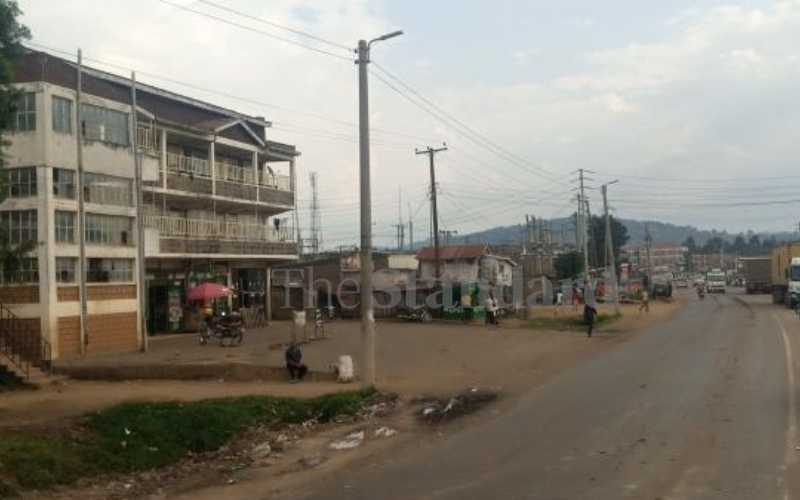×
The Standard e-Paper
Stay Informed, Even Offline

Chebilat town is one of the fastest-growing border towns in the region. [Eric Abuga, Standard]
Located between Bomet and Nyamira counties, Chebilat town has had it all; from post-election violence to one of the fastest-growing border towns in the region.